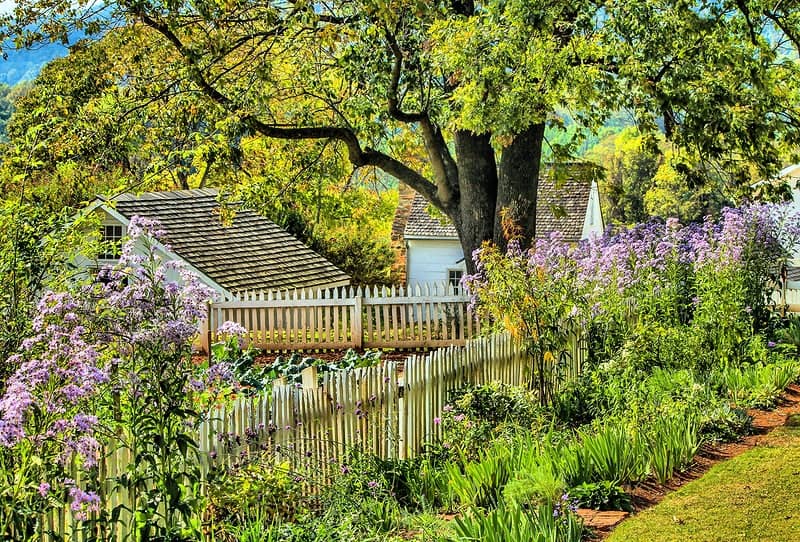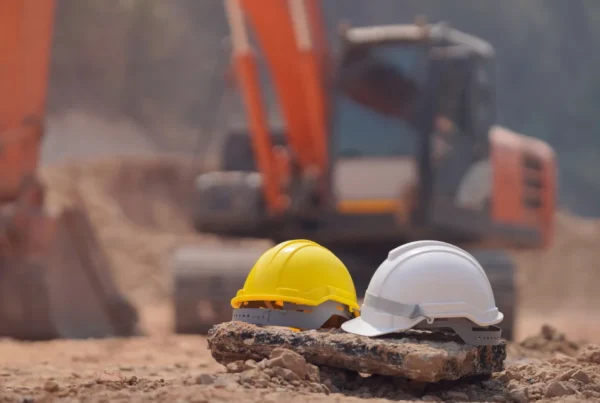Inspirational, sustainable and eco-friendly gardens are becoming more and more popular when it comes to garden design. It is not always easy though to put the environment first, as often the quickest and easiest ways are also not the best for the local ecosystem.
At Stop Digging we are passionate about helping look after our planet and have collected six of the best tips to create a more eco-friendly garden.
1. Watering regime
Saving water is one of the first ways you can do your bit for the environment. It doesn’t have to mean that you have a dull boring garden though, with a bit of planning you can still reap the rewards and look after the ecology. Here are some of our top tips to have a sustainable watering regime:
- Start by investing in the soil of your garden, improving it with more organic matter which can help it to store the water it receives.
- Plant any new plants between autumn and spring, so that they have a chance to grow deep roots before it starts to dry up. Be economical and learn what plants in your garden need and when. You may find with a bit of research that you won’t need to water your entire garden at the same time.
- Make use of the weather we get in the UK and set up a water retention system to store any rainfall.
- If you have a lawn, try to not water during the dry season but just mow less frequently to hide any brown patches.
2. Choose eco-friendly materials
A sustainable and eco-friendly garden can still have all the features that you would hope from a garden, like a patio, deck and garden buildings. You can use eco-friendly materials like reclaimed stone slabs, recycled wood and second-hand furniture. Concrete creates a large amount of the world’s carbon dioxide, but using ground screws as the foundation for garden structures emits 60% less carbon dioxide than an equivalent foundation made from concrete.
3. Reuse and recycle materials
Try to reuse any plastic pots as much as possible as they are not recyclable. If you are building any installations in your garden look out for reclaimed materials at your local junk shop or tip. Freecycle.com or Facebook marketplace can also be great to see if you can save any materials. Old baths can work well as planters, and reclaimed wood can be used to create raised beds and features.
4. Cut back on chemicals
Chemicals are usually used to repel bugs and creepy crawlies that like to eat your plants before you can. But there are more natural options for bug repellant
- Copper rings for slugs
- Knock off greenfly with strong jet of water
- Plant plants that bugs don’t like around the ones they do. Plants like lavender, basil and garlic are not attractive to the bugs that love to munch your plants and so can be great companion plants.
5. Increase biodiversity and attract wildlife
Creating corners in your garden where small animals can hide can increase the bio-diversity and also keep pests at bay. Hedgehogs love a slug as much as slugs love your plants, so encouraging them to your garden can help protect your favourite plants from being munched. Also having a bee hotel can be a great way of encouraging solitary bees to enjoy and propagate your garden.
6. Plant eco friendly
The most eco-friendly plants will provide food and shelter for wildlife and other things living in your garden. Think about berry-producing plants that will attract birds, and climbing plants and hedges which can give cover for the smaller mammals that many visit. Nectar-rich flowers like buddleia also help.
It also helps to think about the soil and conditions in your individual garden, as when you plant them in the garden where the plants will be happiest then you won’t need to waste water that you could potentially use elsewhere.
If you would like more information on how Stop Digging ground screws can help you get the most from your garden this year please feel free to get in contact with us at: SALES@STOPDIGGING.CO.UK or 020 3970 3979





